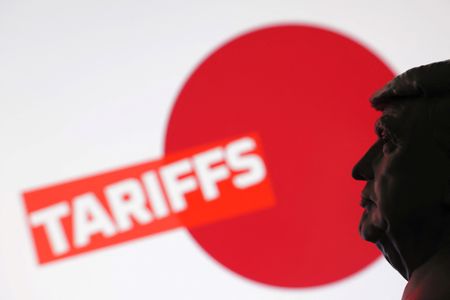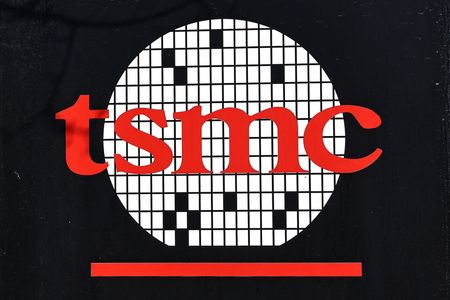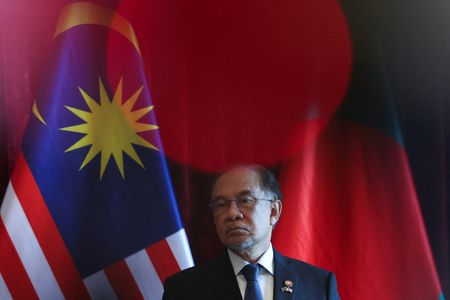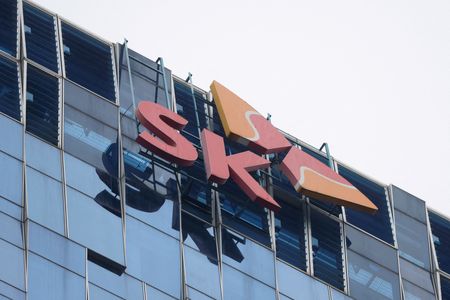By Makiko Yamazaki
TOKYO (Reuters) -Bank of Japan board member Junko Nakagawa said on Thursday that persistent uncertainty stemming from U.S. tariff policies could weigh on business and household sentiment, exerting a potential drag on the Japanese and global economy.
Despite a trade agreement reached between Japan and the United States and progress in trade talks among other major economies, “there remain many uncertainties,” Nakagawa said in a speech posted on the BOJ’s website.
As a result, “business and household sentiment around the world” could be affected, she said, and “in turn could push down domestic and overseas economies.”
Nakagawa reiterated that the BOJ will keep raising interest rates if the economy moves in line with its forecasts, butstressed the need to carefully assess data in making policy decisions given the heightened uncertainties.
In particular, Nakagawa underscored the importance of the results from the BOJ’s upcoming “tankan” business sentiment survey to gauge the impact of trade negotiations among major economies on Japanese businesses.
The next tankan quarterly survey will be released on October 1.
Formerly chairperson of Japan’s Nomura Asset Management, Nakagawa is considered by markets as neutral in her stance on monetary policy.
After exiting a massive, decade-long stimulus last year, the BOJ raised interest rates to 0.5% in January on the view Japan was on the cusp of durably achieving its 2% inflation target.
The BOJ kept rates steady in July but revised up its inflation forecasts and offered a less gloomy outlook on the economy, keeping alive market expectations for a rate hike this year.
But stubbornly high food inflation and prospects of sustained wage growth have led some BOJ board members to warn of second-round price effects that could warrant another rate hike, a summary of the bank’s July meeting showed.
In Thursday’s speech, Nakagawa noted that upward pressure on wages could continue to drive prices higher, which would in turn affect household sentiment and inflation expectations.
Nearly two-thirds of economists polled by Reuters in August expect the BOJ to raise its key interest rate by at least 25 basis points again later this year, up from just over half a month ago.
(Reporting by Makiko Yamazaki; Editing by Jacqueline Wong and Shri Navaratnam)











